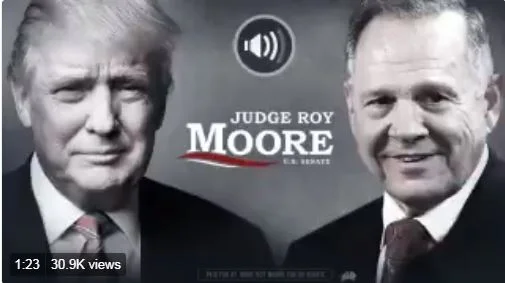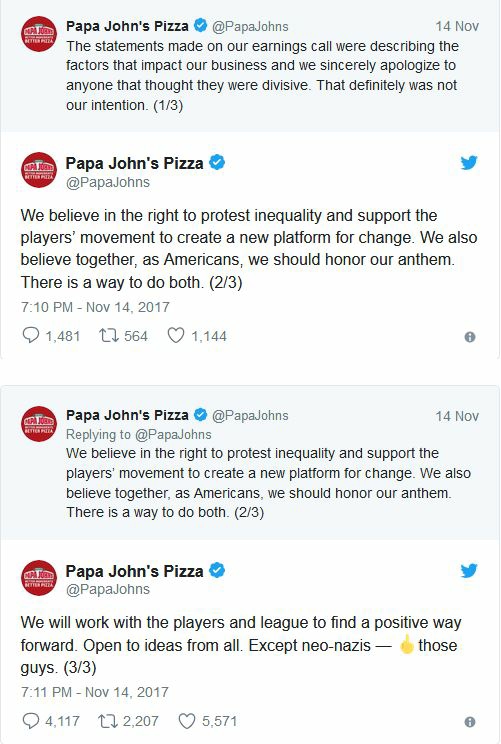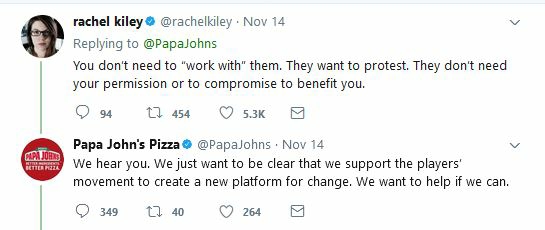Morgan Stanley Clarifies a Termination
/In December, a female reporter accused a former congressman who was hired as a managing director at Morgan Stanley of sexual harassment. Morgan Stanley fired Harold Ford Jr., and he lost his gig as a frequent commentator on MSNBC.
Ford had maintained his innocence, and now, the company is saying Ford was not terminated for sexual harassment but was let go because of other misconduct:
" Morgan Stanley would like to clarify the circumstances of Mr. Ford’s departure. We take allegations of inappropriate conduct seriously, The press has reported that Mr. Ford was terminated for sexual misconduct. He was not. We have not received any internal allegations of sexual harassment or misconduct involving him either before or after his separation became public. As previously stated, his separation was based on corporate policy.”
The statement is curious because it mentions only internal allegations—or maybe I'm reading into it too much.
Discussion:
- How do you read the statement and possible distinction between internal and external?
- Why would Morgan Stanley issue such a statement two months after Ford's termination?






















